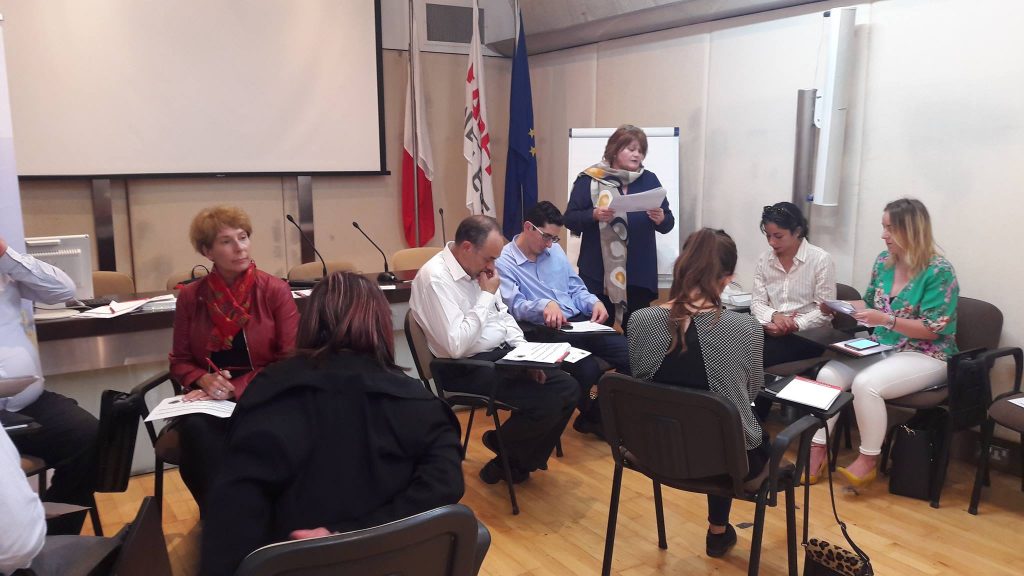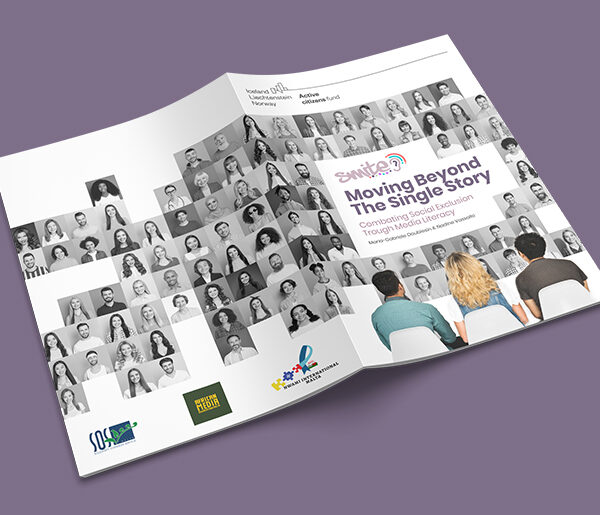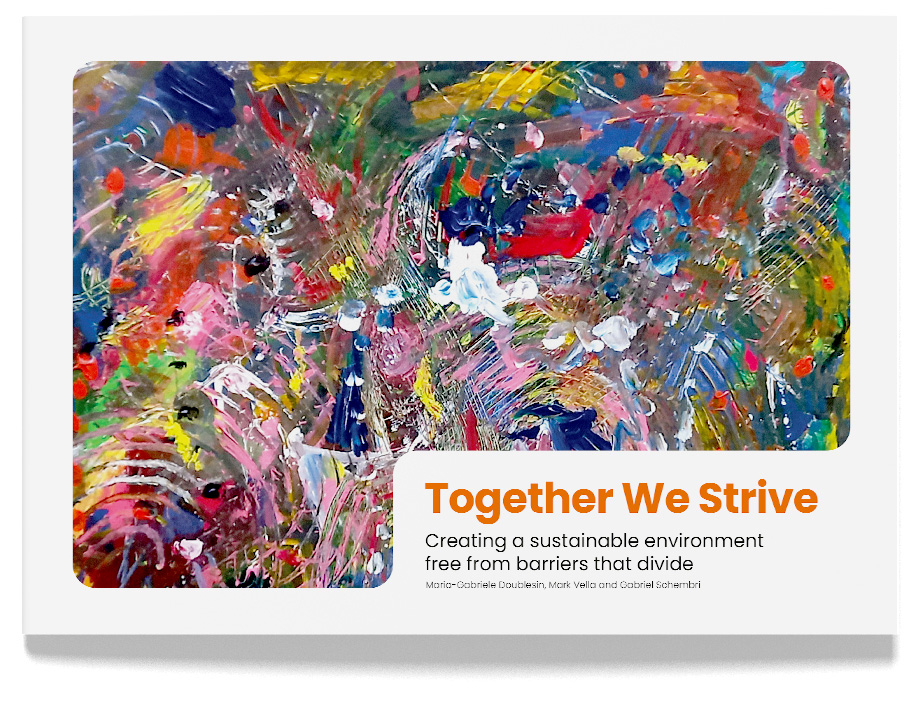Challenges and solutions to cross-sector collaboration
On Friday the 26th of April 2019 the project kicked off with a consultative roundtable held MAPFRE Middlesea Head Office in Floriana. A big thank you to the MAPFRE team for their generous offer to host us.
We are very happy and thankful to note the great interest shown by Government, NGOs, Unions, the business sector and especially MCVS through very active participation of their representatives.
The Consultative Roundtable consisted of representatives from the following entities:
- General Workers’ Union
- GRTU – Chamber of SMEs
- Ministry of Home Affairs
- Malta University Holding Company
- Faculty of Social Wellbeing, University of Malta
- MCVS
- JRS
- IOM
- UNHCR
- INSPIRE
- Binda Consulting
- Saint James Hospital
- Tumas Fenech Foundation for Education in Journalism
- Richmond Foundation
- African Media Association
- Eco Marine Malta
- DoSomethingGood
- Spring Productions International
On this note, we also would like to thank all those Governmental and Non-Governmental Entities & Enterprises whose representatives could not avail themselves on this day but sent their contributions.
The Roundtable was opened by the President of CORE Platform, Mrs Helga Ellul and CORE Platform Executive & Project Coordinator, Mr. Matteo Privitelli. Leading us through the Roundtable was Project Designer and Developer Mrs Maria-Gabriele Doublesin, expert in intercultural counselling and capacity building. She prepared the following questions for the participants:
- When looking at your organisation, company, institution, what helps cross-sector collaboration?
- What hinders cross-sector collaboration?
- What in your opinion are the biggest challenges?
- What needs to be done?
Her questions brought the following to light:
Challenges
- Lack of information on NGO activities
- Lack of time
- “Silo” mentality (working in isolation) and limited audience pools
- Lack of educational programmes to promote active citizenship and entrepreneurship
- Strong competition present among businesses and, among NGOs, is hindering the potential for cross-sector collaboration.
- IP related issues, and prejudice related to cross-sector collaboration.
- Lack of transparency and lack of commonly accessible info about funding.
Solutions proposed
- More transparency, together with better communication between entities like the MCVS and the business sector will allow for more opportunities for cross-sector collaboration.
- More information about products and services the voluntary sector has to offer. This will allow for more opportunities of collaboration between the various sectors as well as reduce the NGOs’ dependence on charity and fund
- Info sharing and offering of expertise across sectors, e.g. expert administrator can render support to NGOs or experienced leaders from the business sector can share their know-how across
- Collaborative activities promoting active citizenship and entrepreneurial
- Awards for cross-sector
- Collaboration of calendar
We sincerely thank all our participants for sharing their expertise and their valuable input and feedback and we are very much looking forward to what the research brings to light.




